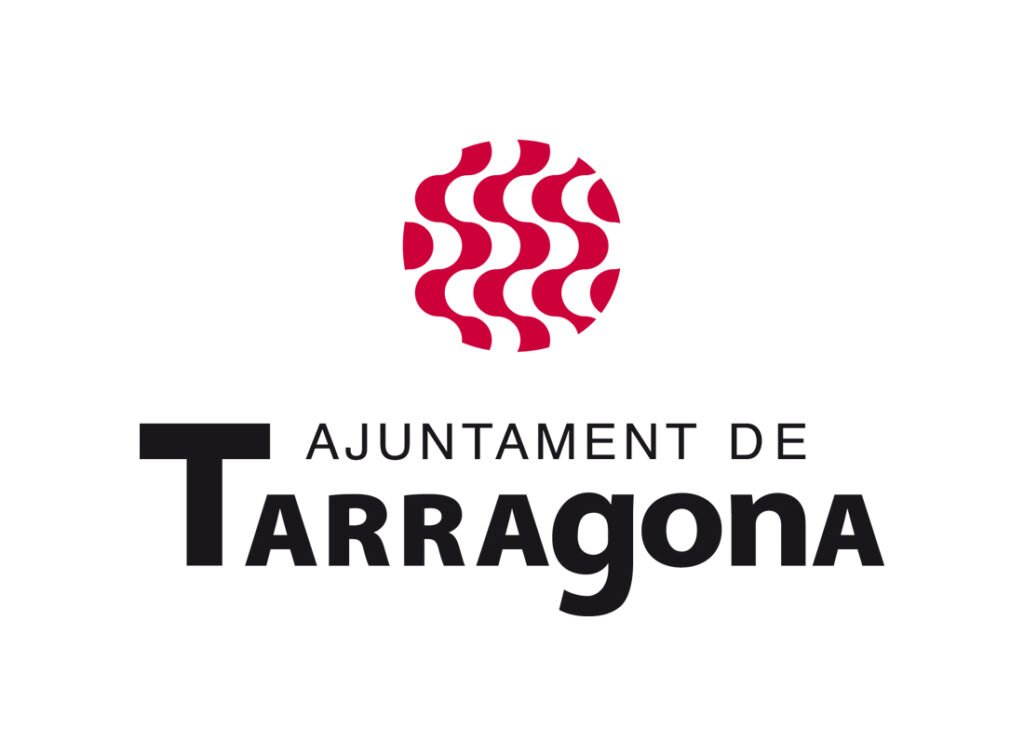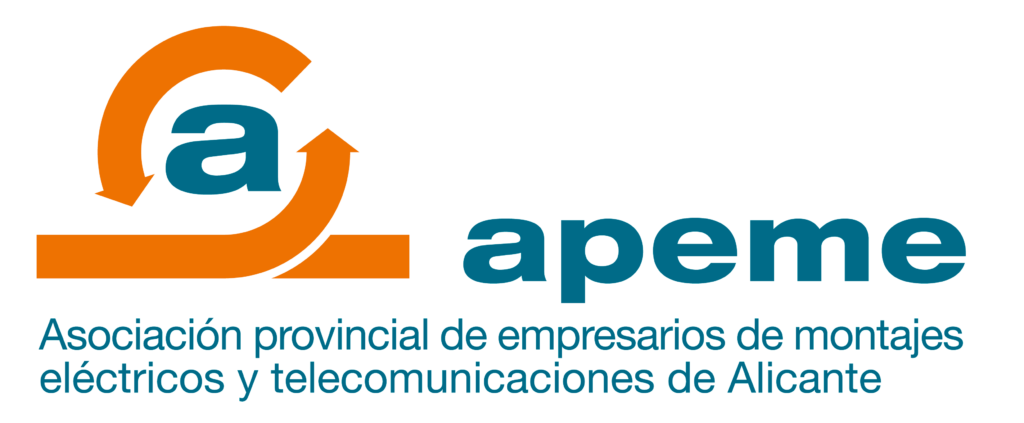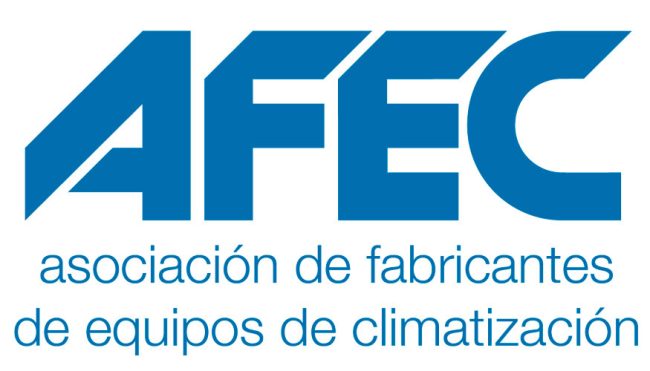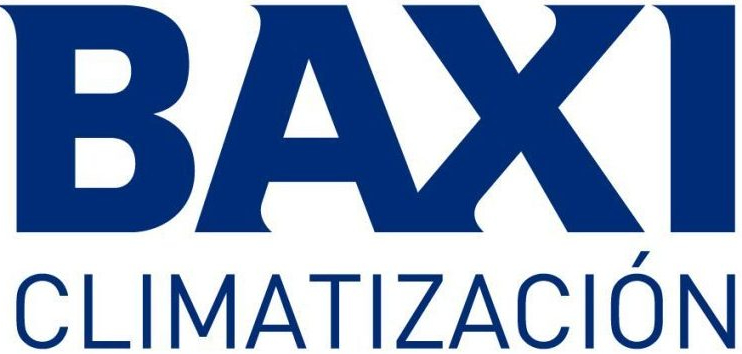Outsourcing and subcontracting are not the answer to the lack of qualified professionals in the energy industry.
In the field of energy and fluids, the lack of qualified labor is a growing problem that affects both operational efficiency and service quality. Many companies, in an attempt to solve this challenge, opt for outsourcing or subcontracting solutions, avoiding the responsibility of properly training their employees. This practice, although it solves temporary demand problems, is not sustainable in the long term and entails multiple risks.
As an expert in this sector, with years of experience ranging from learning to management, I firmly maintain that the key to addressing this problem does not lie in outsourcing, but in the comprehensive and continuous training of professionals. A profession as complex and critical as the electrical one cannot be fragmented according to the specific needs of the market. It is not about employing people “in sections” or “by weight”, but about ensuring that technicians have all the necessary knowledge, in accordance with the regulations and standards of the Low Voltage Electrotechnical Regulation (REBT).
Outsourcing can be tempting due to its apparent flexibility and short-term cost reduction. However, using “pseudo-prepared” technicians only to cover work peaks compromises the quality of the service and the safety of the facilities. This utilitarian approach can have serious consequences, from operational failures to accidents that could have been avoided with adequate training.
Investing in Comprehensive Training for Workers
To solve the workforce crisis in the electrical sector, it is imperative that companies become part of the solution, not the problem. This involves investing in Vocational Training (FP) programs and in the continuing education of their employees. Training should not be seen as a cost, but as a strategic investment that guarantees the availability of qualified personnel, capable of facing the technological and digital challenges of the future.
The right path for companies in the electrical sector is to structure their workforces with well-trained and accredited employees. This not only improves the quality of service, but also raises the standards of the industry as a whole. In a world where technology is advancing by leaps and bounds, having professionals who master all aspects of their trade is crucial to maintaining competitiveness and security.
In my opinion, we must advocate for a serious and sustained commitment to the comprehensive training of professionals in the electrical sector. More vocational training and continuous training with Professional Certificates (CP) are essential to counteract professional ignorance and guarantee excellence in service.
Companies must stop seeing training as an expense and start seeing it as the most strategic investment in their future. Let’s be serious and commit to a qualified and well-trained workforce. Only in this way can we build a robust, secure energy sector prepared for the challenges of tomorrow.
Article published on the C de Material Eléctrico Blog on 26.6.2024































































